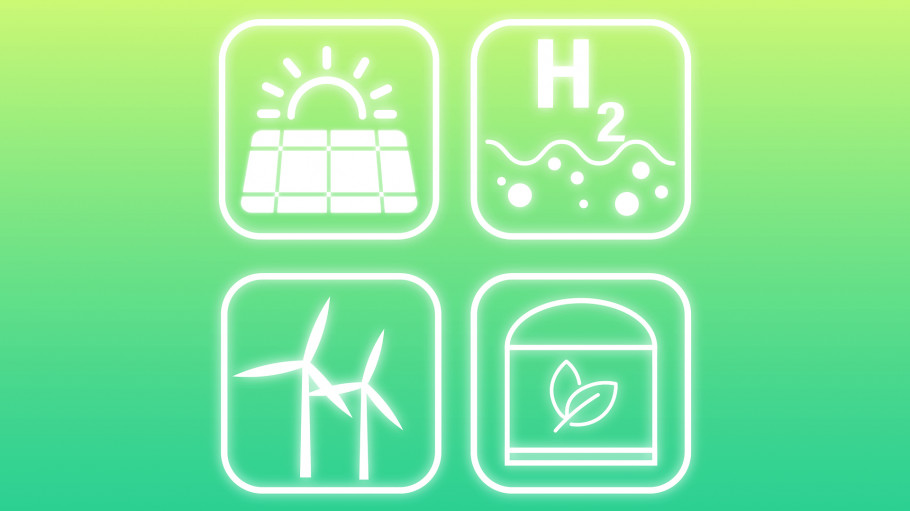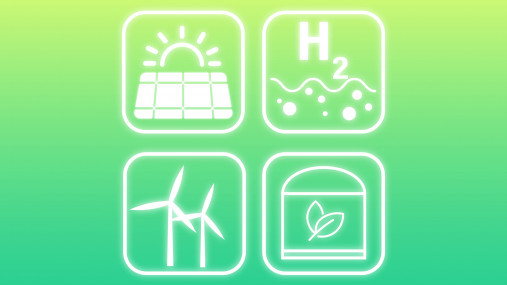
Publications » Position papers » Pragmatic regulatory framework necessary for hydrogen market
Pragmatic regulatory framework necessary for hydrogen market
Downloads and links
Recent updates

The signatories of this letter welcome the publication of the drafts for the outstanding RED II Delegated Acts on Article 27.3 (‘Additionality’ Delegated Act) and Article 28.5 (Greenhouse Gas Reduction Methodology) and appreciate the European Commission’s call for feedback.
For meeting the climate neutrality targets set by the European Green Deal, our sectors crucially depend on the large-scale availability of renewable fuels of non-biological origin (RFNBOs), supplied cost-competitively and securely across Europe. The signatories strongly support avoiding the double counting of renewable electricity or emitted greenhouse gases through appropriate certification mechanisms and the establishment of viable sustainability criteria though the RED II Delegated Acts. These shall ensure a clear and certain framework for investments.
Achieving the Commission's increased ambition levels such as RFNBOs sub-quotas as outlined in the REPowerEU Plan, European Hydrogen Strategy, revision of the Renewable Energy Directive, ReFuelEU Aviation or discussed in FuelEU Maritime require a safe investment environment and sufficient planning certainty for the rapid scale-up of renewable fuels of non-biological origin, hydrogen derivatives such as synthetic fuels, and underlying technologies such as Carbon Capture and Utilisation (CCU).
Overly restrictive requirements, the absence of clear guarantees on the availability of renewable electricity and relevant dedicated infrastructure have the opposite effect of curtailing investments in production capacity and imposing undue administrative burdens. The signatories therefore propose the following changes to the draft acts, which are necessary to enable the market ramp-up and fast decarbonisation.
The signatories recommend the European Commission to:
Art. 27.3 – ‘Additionality’ Delegated Act:
Art. 28.5 – GHG methodology/threshold for RFNBO/RCF Delegated Act:
Full joint statement available below.
Signatories:

Download this publication or visit associated links
How global overcapacity is destroying European industries
European Steel in Figures 2025 is EUROFER's statistical handbook, laying out in an easy-to-use format the key statistics and data about the performance and footprint of one of Europe's most important strategic sectors
A snapshot of Europe’s steel industry in motion, with EUROFER at the forefront in a time of policy shifts and global uncertainty